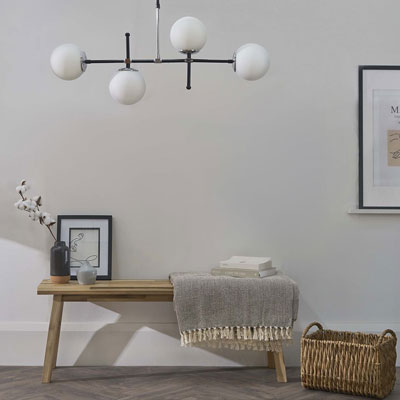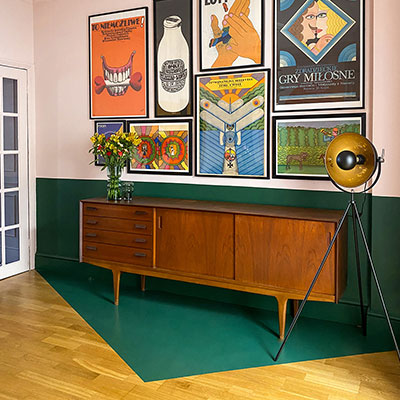We use our own and 3rd party cookies on this site for analytics and advertising. Carry on browsing if you are happy with this, or find out how to manage your cookies.
If you’re new to renting, we know that it can be a confusing time, so we’ve put together the following guide to ensure you’re not forgetting anything important.
Get cover - and quickly
If you have recently moved into a rented property, you may wrongly assume your landlord has insurance to cover the contents of your new home. However, the property owner is only responsible for the building itself - which means getting contents cover is up to you.
It is also advised that you do not assume your landlord has building insurance either, as there are sometimes exceptions to this rule. Therefore, you should always check with your landlord as early as possible.
In the likely case that your deposit has been paid into one of these schemes, it means:
● You will get your money back at the end of the tenancy, on the condition that you have met the terms of the tenancy agreement
● If will be returned to you within 10 days of your tenancy ending, provided you agree with your landlord over how much of the deposit you can get back
In cases where you do not agree with your landlord, a free dispute resolution service will investigate, deciding how much of the deposit you can claim back.
● Ensure nothing is broken - you should have an inventory, check this to make sure everything is present - and replace those bits that have broken as you go along
● Take photographs - during regular intervals of your tenancy, take photographs to use as evidence if your landlord is being difficult further down the line
● Keep it clean - it may seem like an obvious one, but ensure your property is clean at all times
● Check your contract - refer back to your contract to find out whether your landlord has included any fine details about the state of the property
You could be able to get some discount on your property. While the landlord is not obliged to accept your cheeky offer, it is certainly worth asking.
One way of backing up your argument here is to note down any issues you have spotted in the home. This could be anything from tired looking walls to worn carpets. If you spot anything like this, point it out to your landlord and ask if they are willing to take a lower price because of it.
The frustrating thing about renting is certainly the lack of freedom it entails. There are only so many things you can do to put your own stamp on the property without potentially angering your landlord, or even breaching the terms of your residency. And for this reason, we want to give you some useful tips and advice on how to ensure your home looks the way you want it to.
Our Light on Your Wallet campaign is designed to help renters like you make the most of your property by suggesting money-saving tips and advice on how to keep your home looking fresh, along with discussing the issues that really matter to you.
Is your deposit protected?
The excitement of moving into a new home very often means that renters aren’t careful to check whether their deposit is protected. If you are unsure, it is important to check immediately.
In England and Wales, it is a legal requirement for your landlord to place your deposit into a protection scheme within 30 days of receiving it. And, if they fail to do so, a court order can mean they face paying you a penalty worth up to three times the value.
Reclaiming your deposit
While you may not be planning to move out of your rented property just yet, there are things you can do now to ensure you are likely to get your entire deposit back at the end of your tenancy. This can often be quite a difficult process, so it’s best to take preventative measures now rather than carrying out damage control in the future. .
Follow these simple tips to increase your chances of receiving your full deposit:
● Repair any damage - this can include things such as holes in the wall caused by picture frame hooks
Is your landlord right for you?
We know that technically you need to adhere to rules and regulations established by your landlord, but if their behaviour strikes you as unreasonable, or they are particularly unreliable, you could be within your rights to complain - or take action.
Vet your landlord as early as possible during your tenancy. This way, if you feel the need to walk away, it will be a lot easier than doing so further down the line. You don’t want to be stuck with a house full of problems and no one there to support you.
Noticed any flaws?
If you’ve noticed any problems with your property early on in your tenancy, make them known.
Overall…
For many, renting a property is seen as a means to an end before they can make that first step onto the property ladder, whereas for others, renting is a more long-term solution. Either way, there is nothing stopping you from making the most out of your rented property - and doing so doesn’t have to break the bank.
Stick with us throughout the Light on your Wallet series, and you’ll soon have the knowledge and expertise you need to have a rented home you are proud of.









